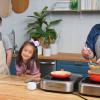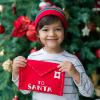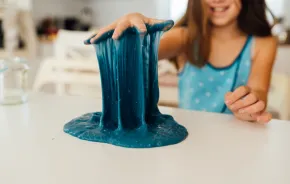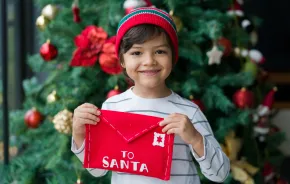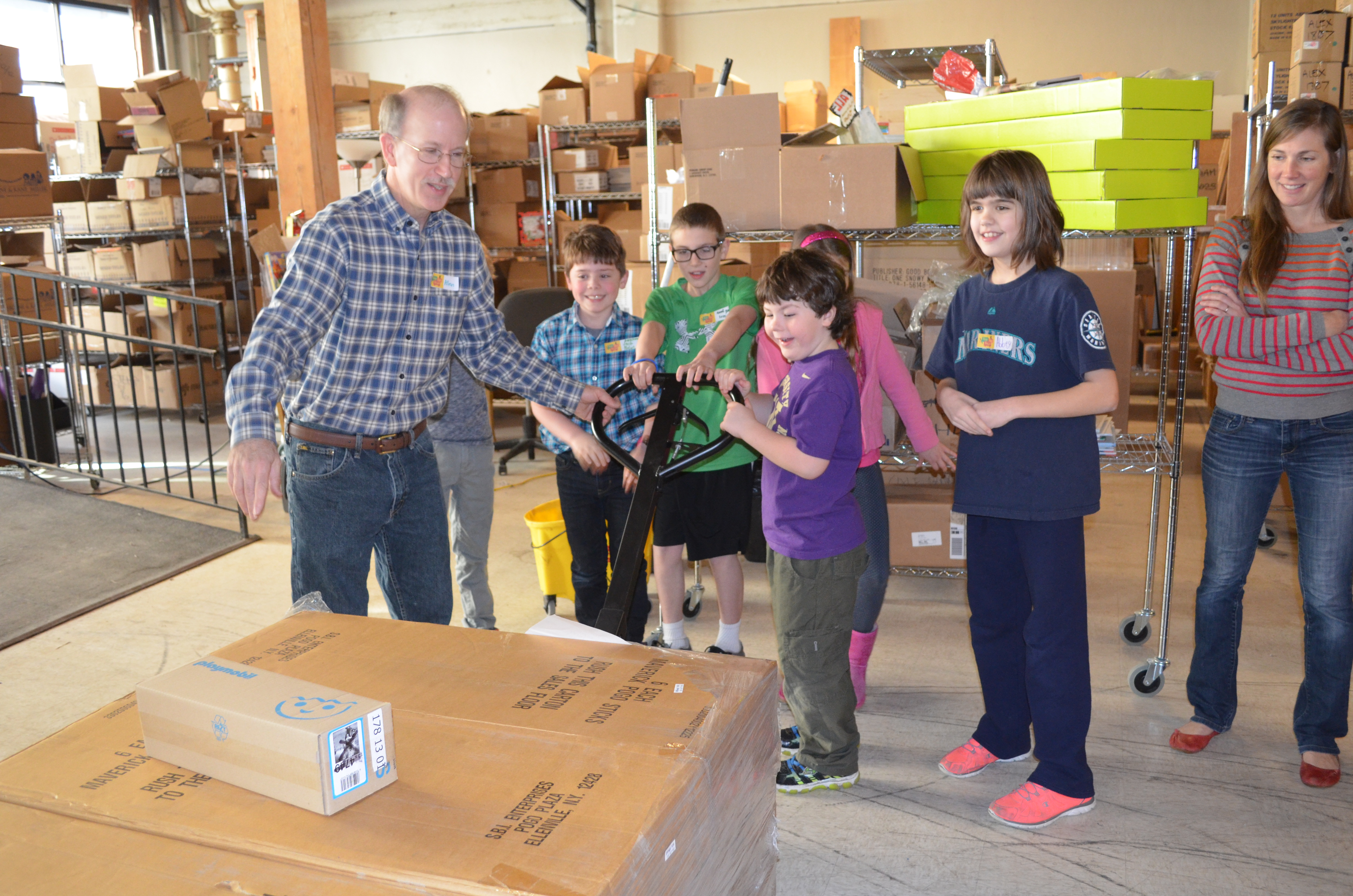
In the modern age of international trade, finding locally made toys at area retailers is challenging.
But it's worth the hunt. Locally sourced toys are beneficial on several levels: Some internationally sourced toys are made in areas with few environmental regulations. They are transported internationally and then trucked to their final destinations. Thus, they use more energy and create added pollution that contributes to global warming, which affects everyone.
Internationally sourced toys also pull jobs and money away from our local economy — which isn’t all bad. Many people in the world, especially in China, have been raised out of poverty due to the economic opportunity that manufacturing centers can spur. And some local companies focus on importing toys that are internationally sourced, but with high standards. Jamtown, for example, imports children’s music toys that are made mostly from natural materials. They adhere to a code of fair trade principles to insure that workers (the locals of their own community) make a living wage.
As a toy buyer at Top Ten Toys, my first goal is to find toys manufactured or assembled locally. This could be as simple as coloring books made by Colorful Cities or Sue Coccia. Both sets of products are made by local women and incorporate Northwest-themed pictures.
 There are several other good examples.
There are several other good examples.
Woolpets in Kent, Washington, makes felting craft kits with a variety of animal themes.
Inside Story Company, in Seattle, creates playful vocabulary flash cards depicting images from our local history. Illustrating the word “Plucky,” is a photo of the first woman to climb Mount Rainier.
With toys coming from around the world, the definition of "local” quickly becomes anywhere in the Northwest and, at some point, includes anything made in the United States.
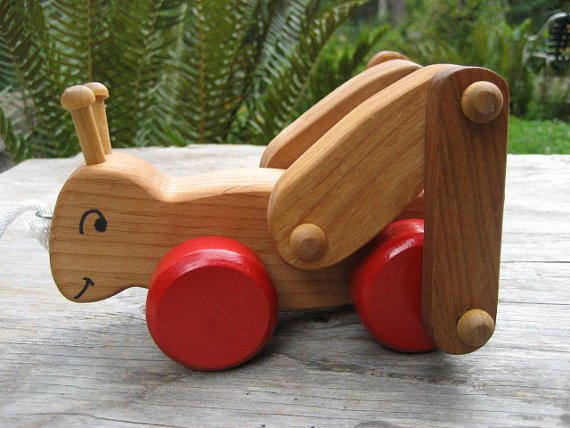
Papa Don's wood push-toys are “locally” made in Oregon, as is Pajaggle, a board game from a Seattle game inventor. Pajaggle is a time-challenged puzzle game where players have fun with shapes.
 A beginners chemistry set was designed and created by women scientists in Portland, Oregon. The company, called Yellow Scope, focuses on making science kits designed for girls.
A beginners chemistry set was designed and created by women scientists in Portland, Oregon. The company, called Yellow Scope, focuses on making science kits designed for girls.
Lastly, there are the local companies and toy designers that design their toys here but have them made abroad. That doesn’t help the environment as much as locally made toys but it does generate income for our local economy.
In that category are these 3D Metal Model kits designed for older children by Fascinations toy company, based in Seattle.
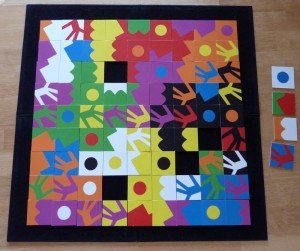
Also locally designed is the CanCan Game of Color and Creation for kids 5 and older. The very successful Prism Kites are designed in Seattle’s Magnolia neighborhood.
Re-Marks is a Seattle puzzle company, that designs and packages puzzles that are manufactured from recycled, made-in-the-U.S. cardboard.
When holiday shopping this year, I invite you to consider buying local.




